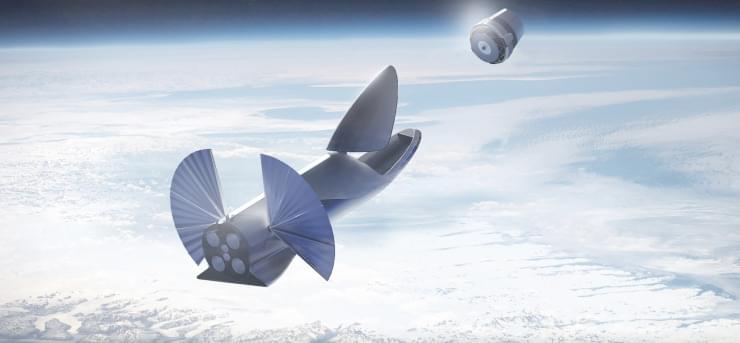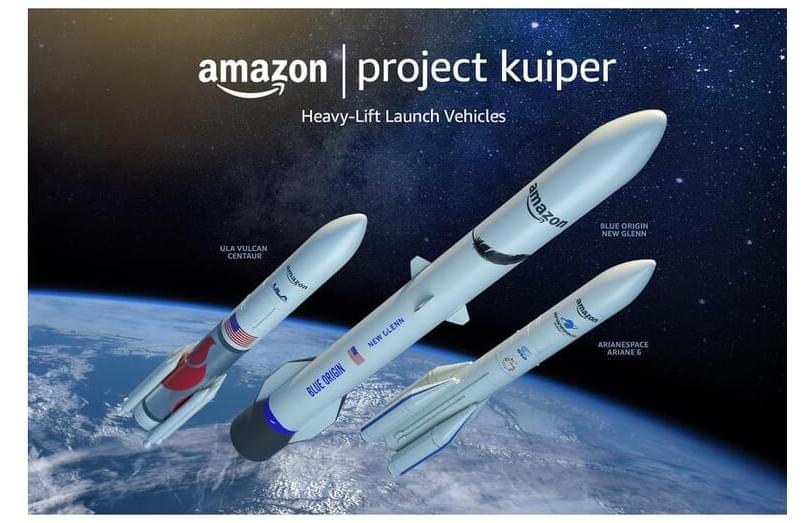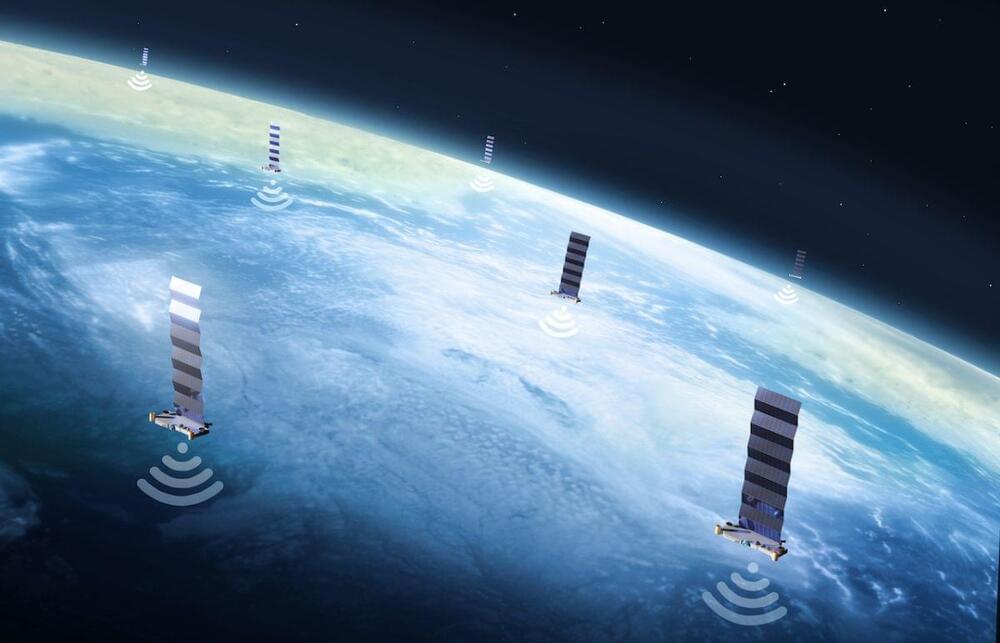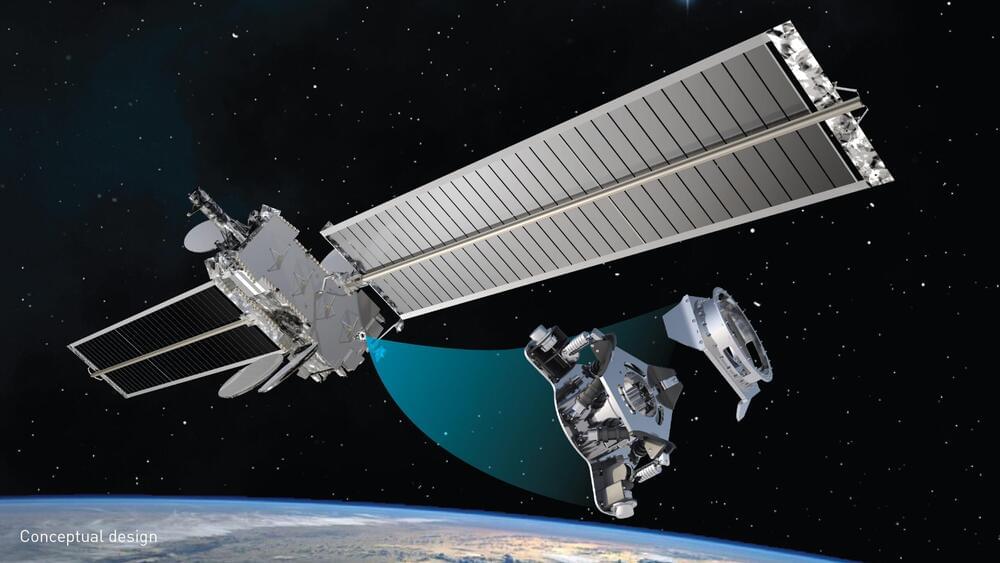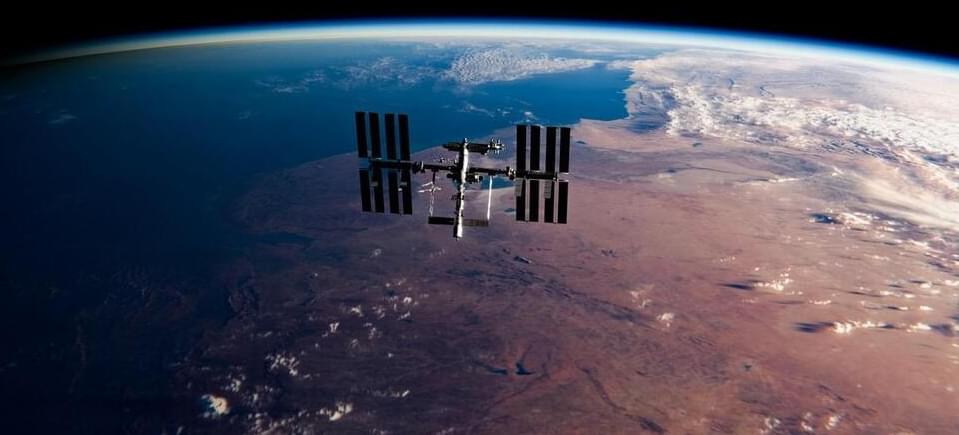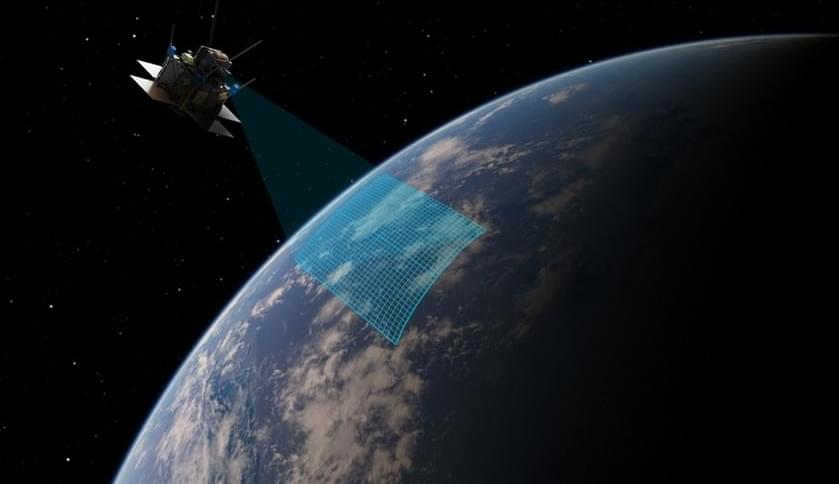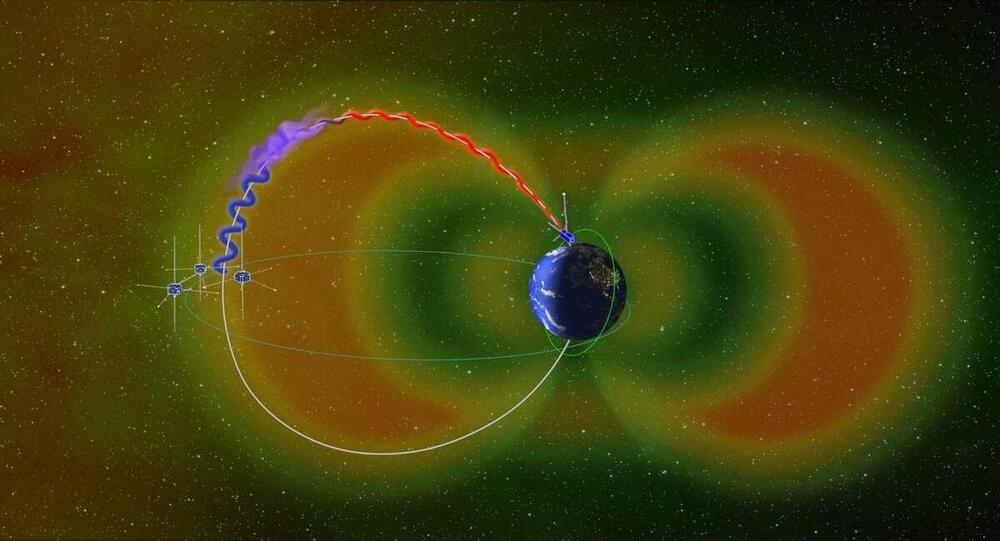
UCLA scientists have discovered a new source of super-fast, energetic electrons raining down on Earth, a phenomenon that contributes to the colorful aurora borealis but also poses hazards to satellites, spacecraft and astronauts.
The researchers observed unexpected, rapid “electron precipitation” from low-Earth orbit using the ELFIN mission, a pair of tiny satellites built and operated on the UCLA campus by undergraduate and graduate students guided by a small team of staff mentors.
By combining the ELFIN data with more distant observations from NASA’s THEMIS spacecraft, the scientists determined that the sudden downpour was caused by whistler waves, a type of electromagnetic wave that ripples through plasma in space and affects electrons in the Earth’s magnetosphere, causing them to “spill over” into the atmosphere.
